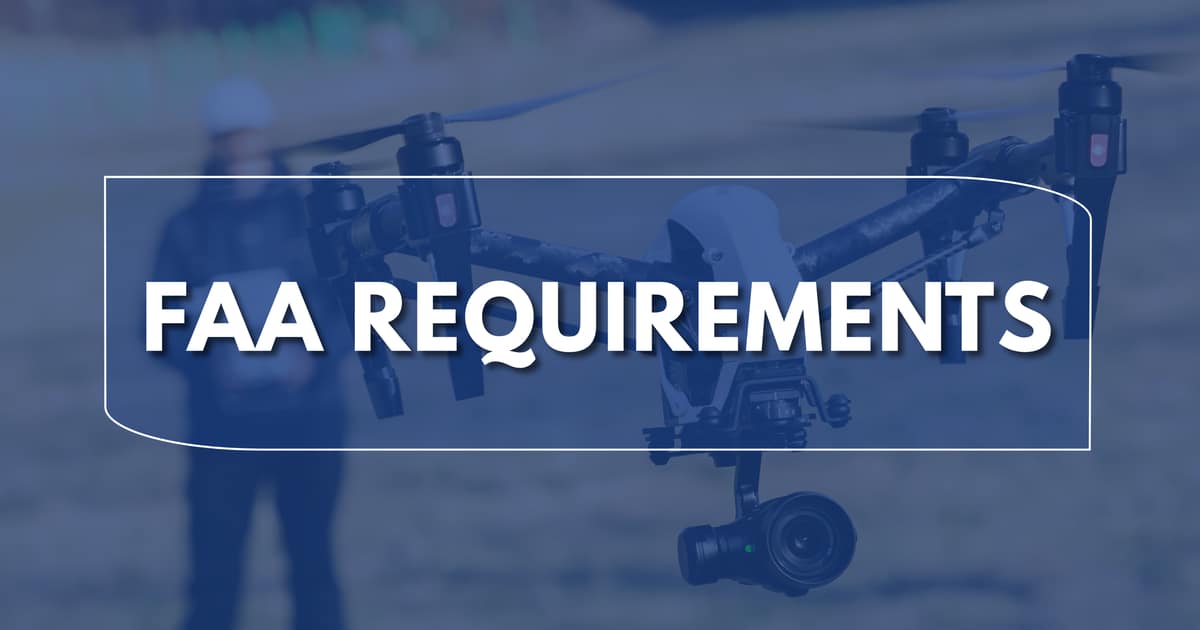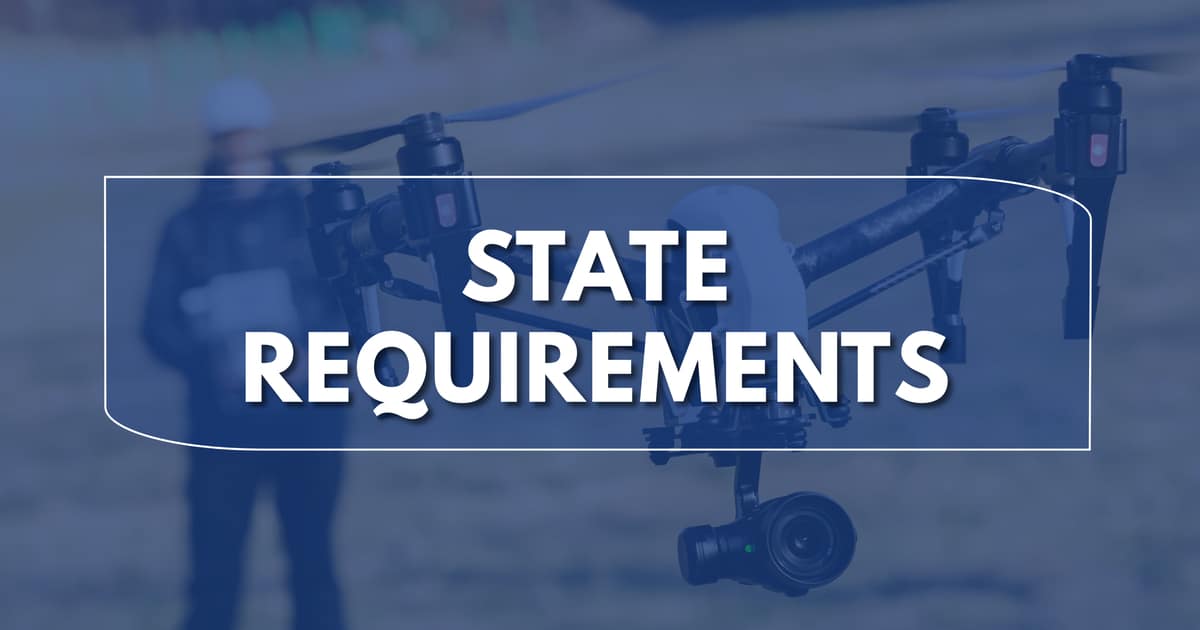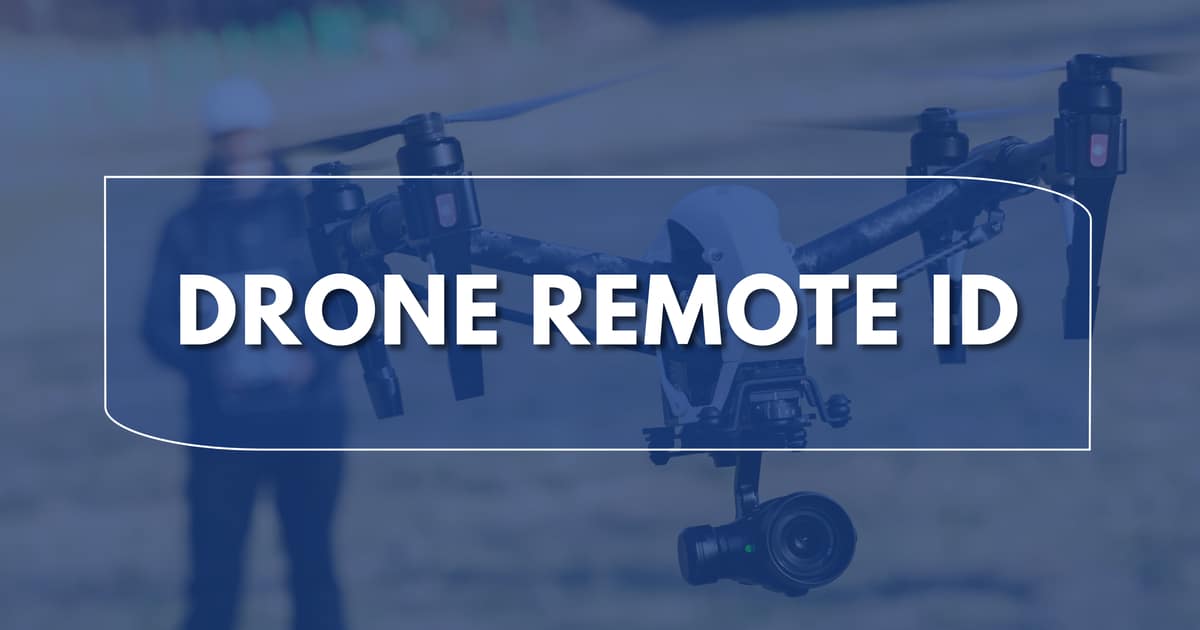Get the basics on drone
Laws & Regulations
Educators need to follow Federal and State aviation regulations when pursuing a drone program. NCAT is here to assist with navigating these rules and facilitating conversation with fellow educators on approaches to compliance and associated insurance questions.
Pilot Requirements
Pilot Requirements
Drone pilots are pilots.
In an educational setting, flying can occur under commercial sUAS operations (FAR 107), or depending on the nature of the flying, you may qualify for an exemption. Exempt activities include flying indoors or when teachers are not the Remote-Pilot-In-Command.
In an educational setting, flying can occur under commercial sUAS operations (FAR 107), or depending on the nature of the flying, you may qualify for an exemption. Exempt activities include flying indoors or when teachers are not the Remote-Pilot-In-Command.
Drone Requirements
Drone Requirements
Drones are considered aircraft. As such, they need to be registered with both the Federal Aviation Administration (FAA) and in some cases, your state department when flown for education purposes. Registration with the FAA is $5. Minnesota State registration is free with MnDOT.
Airspace Requirements
Airspace Requirements
All outdoor flying is within the FAA's jurisdiction of the National Airspace System. It is critically important to know the airspace you are operating in and take the necessary precautions to operate legally.
Insurance/Policy Questions
Insurance/Policy Questions
Collaborate with other educators to help schools address insurance and other school policy issues regarding drones for education.
Community Forum
Community Forum
-
 The FAA distinguishes sUAS operations into two categories, commercial operations under FAR 107 or operations exempted for recreational/community-based organizations and institutions of high education.MORE INFO
The FAA distinguishes sUAS operations into two categories, commercial operations under FAR 107 or operations exempted for recreational/community-based organizations and institutions of high education.MORE INFO
FAR 107 Operations
Part 107 Operations is the primary law for flying small drones (less than 55 lbs.) in the United States. You can fly under Part 107 rules for many reasons, including work or business, recreation, education, or for public safety missions.
Required Certificate
Required Registration (Step 3)
Required Approval
Exempted Operations
Depending on the nature of your operations, you may qualify exemption to Part 107. If you are a recreational flyer or part of a community-based organization, you may qualify for exemption under USC 44809. Additionally, PL 115-254, Section 350 distinguishes some educational and research uses of drones by institutions of higher education as recreational in nature.
Required Certificate – The Recreational UAS Safety Test (TRUST) coming soon!
Required Registration
Required Approval -
 States may also have their own requirements and you should check with yours. In Minnesota for example. the Department of Transportation, Office of Aeronautics requires drones to be registered within the state. As an educational entity, there is no applicable fee or proof of insurance requirement. For any additional questions, please contact the Aircraft Registration Unit at (651) 234-7201.MORE INFO
States may also have their own requirements and you should check with yours. In Minnesota for example. the Department of Transportation, Office of Aeronautics requires drones to be registered within the state. As an educational entity, there is no applicable fee or proof of insurance requirement. For any additional questions, please contact the Aircraft Registration Unit at (651) 234-7201.MORE INFO
Aircraft Registration Application (PDF) -
 Th National Airspace System is comprised of different types of airspace. NCAT highly recommends using the FAA's B4UFly App before every flight to ensure you're authorized to fly.MORE INFO
Th National Airspace System is comprised of different types of airspace. NCAT highly recommends using the FAA's B4UFly App before every flight to ensure you're authorized to fly.MORE INFO
B4UFly App
Flying in Controlled Airspace
If you wish to fly in controlled airspace, you need to operate under Part 107 and request permission to fly through an approved LAANC provider.
UAS Data Exchange (LAANC)
What is FRIA?
New FAA regulations requiring Remote ID will go into effect in September 2022. Educational institutions qualify for an exemption, but need to apply.
Remote ID for FAA-Recognized Identification Areas (FRIAs)
Webinar Resources
Check out previous webinar sessions that NCAT has hosted on challenges of starting a drone program, which include equipment costs, administrative support, liability concerns, curriculum offerings and what faculty need to teach the courses. We cover how to overcome challenges and provide resources that are helpful for new start-ups.
We also sat down with representatives from the FAA to discuss the updated rules and regulations around Remote ID, operations over people and night time operations. It is important to stay up-to-date with the changes in regulations and NCAT will help keep you informed on changes that come from the FAA.
